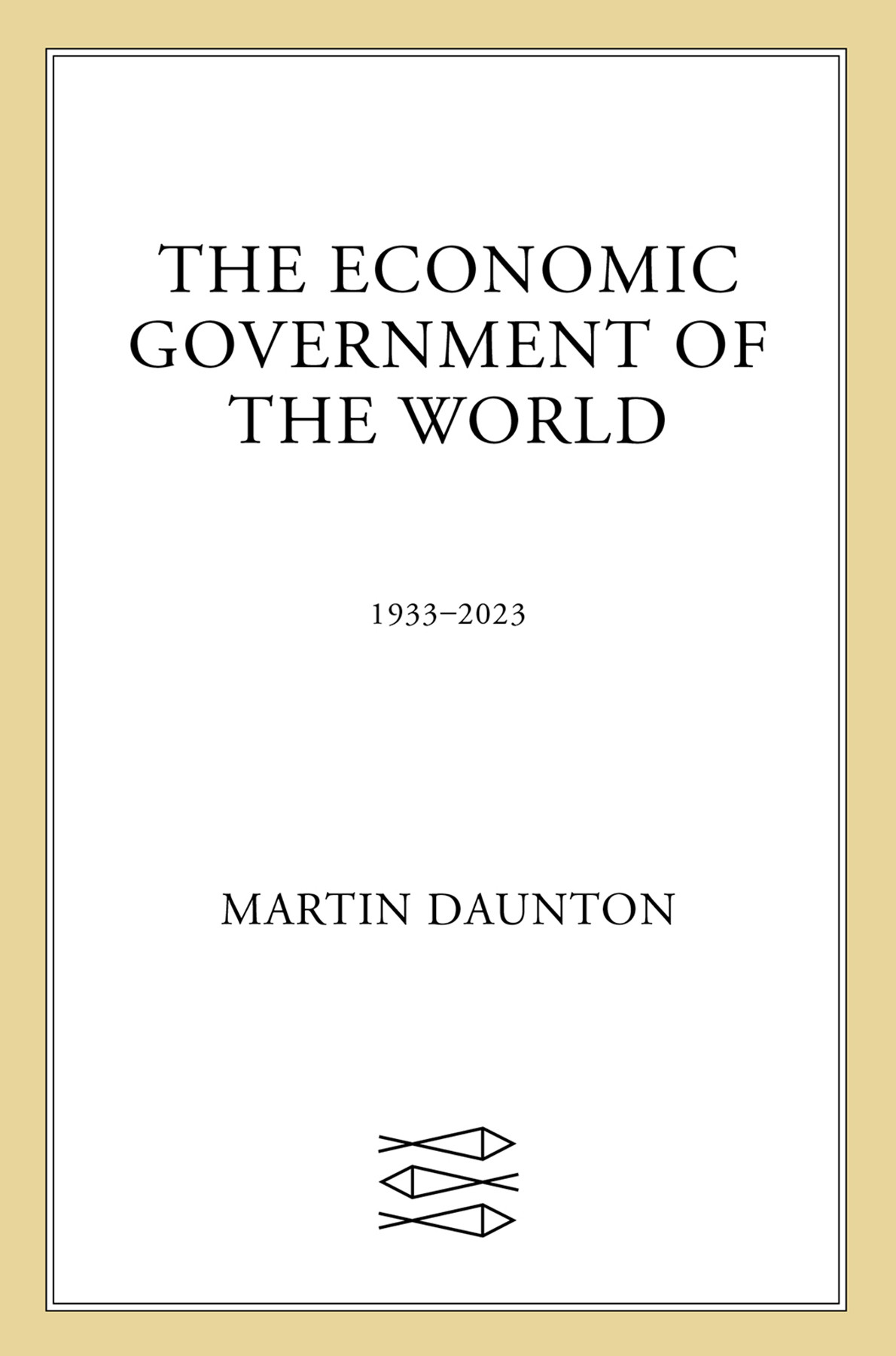

Most ebook files are in PDF format, so you can easily read them using various software such as Foxit Reader or directly on the Google Chrome browser.
Some ebook files are released by publishers in other formats such as .awz, .mobi, .epub, .fb2, etc. You may need to install specific software to read these formats on mobile/PC, such as Calibre.
Please read the tutorial at this link: https://ebookbell.com/faq
We offer FREE conversion to the popular formats you request; however, this may take some time. Therefore, right after payment, please email us, and we will try to provide the service as quickly as possible.
For some exceptional file formats or broken links (if any), please refrain from opening any disputes. Instead, email us first, and we will try to assist within a maximum of 6 hours.
EbookBell Team

4.3
48 reviewsAn epic history of the people and institutions that have built the global economy since the Great Depression.
In this vivid landmark history, the distinguished economic historian Martin Daunton pulls back the curtain on the institutions and individuals who have created and managed the global economy over the last ninety years, revealing how and why one economic order breaks down and another is built. During the Great Depression, trade and currency warfare led to the rise of economic nationalism—a retreat from globalization that culminated in war. From the Second World War came a new, liberal economic order. Squarely reflecting the interests of the West in the Cold War, liberalism faced collapse in the 1970s and was succeeded by neoliberalism, financialization, and hyper-globalization.
Now, as leading nations are tackling the fallout from COVID-19 and threats of inflation, food insecurity, and climate change, Daunton calls for a return to a more just and equitable form of globalization. Western imperial powers have overwhelmingly determined the structures of world economic government, often advancing their own self-interests and leading to ruinous resource extraction, debt, poverty, and political and social instability in the Global South. He argues that while our current economic system is built upon the politics of and between the world’s biggest economies, a future of global recovery—and the reduction of economic inequality—requires the development of multilateral institutions.
Dramatic and revelatory, The Economic Government of the World offers a powerful analysis of the origins of our current global crises and a path toward a fairer international order.